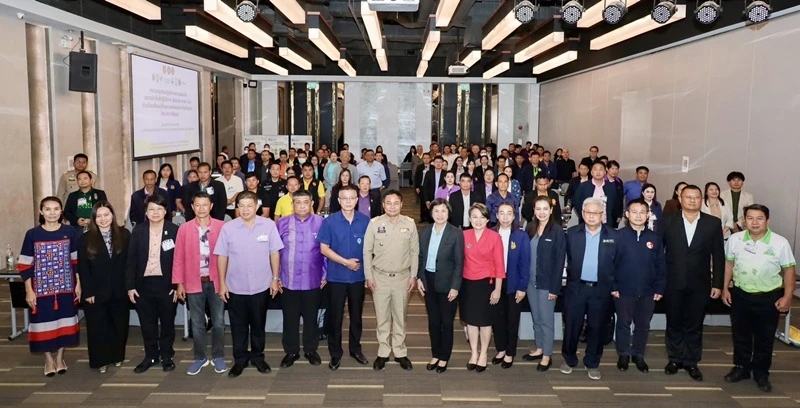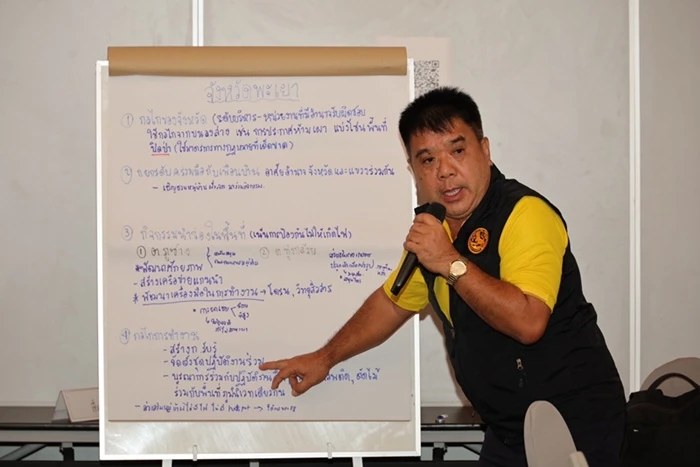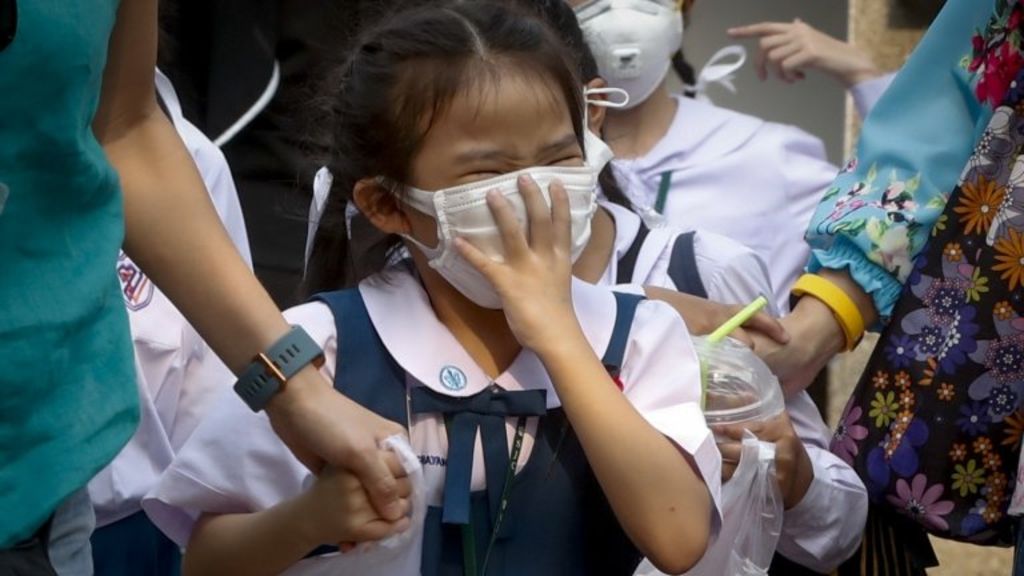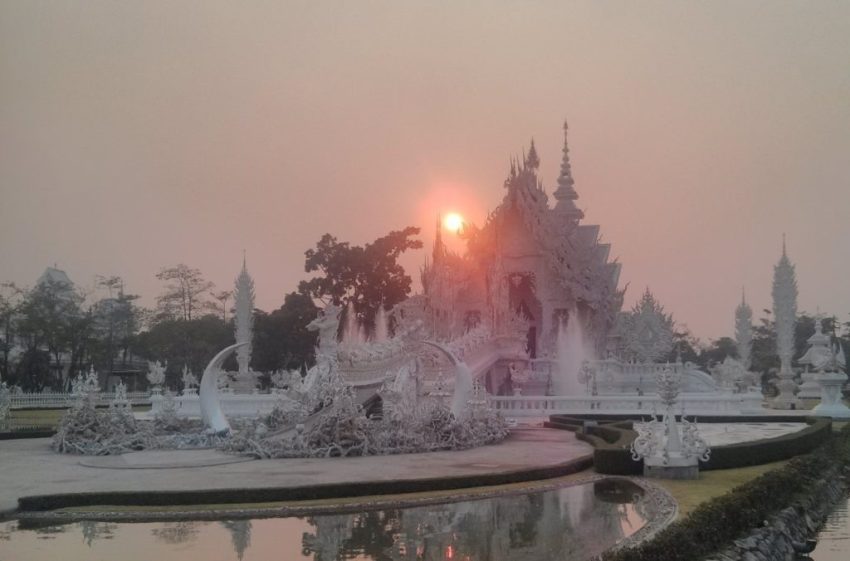CHIANG RAI – The Thailand Environment Institute has partnered with local groups in Chiang Rai, Phayao, and Nan to host a workshop focused on finding solutions for cross-border PM2.5 pollution.
The event brought together agencies from Thailand, Laos, and Myanmar to share updates, discuss the causes of open burning, and work out strategies to address haze at a local level. The National Research Council of Thailand (NRCT) and the Agricultural Research Development Agency (ARDA) provided support for the initiative.
Rujtitsak Rangsi, Deputy Governor of Chiang Rai, explained that his province faces seasonal wildfire and smoke issues, often sparked by agricultural burning during the dry months. Sharing a border with both Laos and Myanmar makes managing the problem harder, as smoke moves across the region.
This meeting aimed to strengthen cooperation between Chiang Rai, Phayao, and Nan, helping these provinces work more closely with their cross-border neighbours. By building strong ties and sharing goals, they hope to reduce burning locally and tackle PM2.5 pollution together.

Northern Thailand’s PM2.5 Pollution Crisis
Joint efforts with border towns in neighbouring countries should lead to better ways to limit burning and reduce the impact of haze on communities.
Saowanee Mungsoojittakan, Deputy Director at NRCT, noted that northern Thailand’s PM2.5 pollution crisis happens every year and disrupts health, business, and local life. She highlighted NRCT’s commitment to funding research and new ideas to find lasting solutions.
The agency works with a wide network and supports projects that directly target cross-border haze. By connecting national policies with on-the-ground action in Chiang Rai, Phayao, Nan, and Mae Hong Son, NRCT helps local partners reduce open burning and improve air quality.

Piyathida Thiranarong, expert in policy analysis at ARDA, said her agency backs research in sustainable agriculture that supports practical uses and visible benefits. She pointed out that a main source of PM2.5 pollution in the north comes from open burning linked to farming, plus smoke drifting from neighbouring countries.
ARDA funds studies that bring in new farming technology, encourage good land management, and spread these ideas to more farmers. The goal is to help communities switch to methods that reduce burning, lower haze levels, and support better long-term farming in the region.
Dr Wicharn Simachaya, Director of the Thailand Environment Institute, spoke about the organization’s role in promoting partnerships among the northern provinces and neighbouring countries.

The institute helps improve links between policymakers and local teams, sharing knowledge and growing skills to fight cross-border haze. Recent activities show improvement in joint action, with experience sharing and study visits for local leaders from Laos and Myanmar.
These steps set the groundwork for better agricultural practices that reduce burning and, over time, lower pollution.
Wilawan Noipha, project lead at the Thailand Environment Institute, said the workshop offered a platform to exchange experiences and create better regional partnerships. The event made it easier for local officials and partners to share their insights and plan active steps against open burning as the dry season nears.
This approach also shows why it’s essential for everyone involved—from government agencies and researchers to farmers and foreign partners—to keep working together to make progress in fighting ongoing air pollution in the years ahead.














